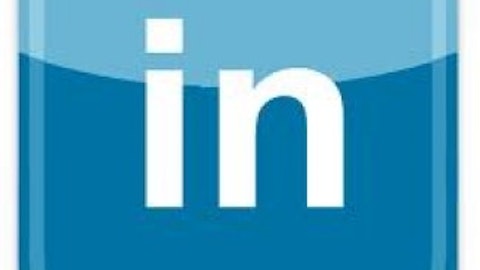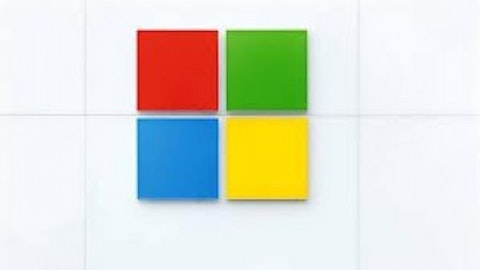According to a filing with the SEC, John Riccitiello, the CEO of Electronic Arts Inc. (NASDAQ:EA), purchased a little over 31,000 shares of the company’s stock on February 1st at an average price of $15.90 per share. Riccitiello now owns almost 450,000 shares directly, and his children’s trust owns a small number of shares as well. However, it’s generally not rational for insiders to buy more shares of their company’s stock; clearly the CEO of EA in earns an income dependent on the company’s prospects and so negative company-specific or industry-specific events could harm his income and his wealth. It is therefore rational for Riccitiello to diversify his investments unless he is very confident that the stock is undervalued. In general, this is why we believe that insider purchases tend to outperform the market (read more about studies in insider trading), though we’d note that EA’s stock has already risen significantly on the news.
This purchase came shortly after EA’s quarterly report, which provided relatively good news for a company in the struggling electronic games industry. While Electronic Arts Inc. did report net losses of $45 million for the third quarter of its fiscal year (which ended in December 2012), this was an improvement from a loss of $205 million a year earlier. The company has slashed cost of goods sold, marketing, and administrative costs alike as well as R&D, resulting in an improved bottom line despite a 13% decline in sales.

Billionaire Kerr Neilson’s Platinum Asset Management reported a position of 5.2 million shares of EA in its portfolio at the end of September (see Neilson’s stock picks). Glenview Capital, managed by Larry Robbins, increased its own stake by 21% during the third quarter of 2012 to a total of 9.1 million shares (find Glenview’s favorite stocks); Robbins had previously worked for billionaire Leon Cooperman’s Omega Advisors.
See how we like EA compared to similar companies:
EA’s closest peers are Activision Blizzard, Inc. (NASDAQ:ATVI) and Take-Two Interactive Software, Inc. (NASDAQ:TTWO). Activision Blizzard has actually been profitable on a trailing basis, and is priced at 15 times its trailing earnings and 12 times expected earnings for this year. It also recorded double-digit growth rates of both sales and net income in the third quarter of 2012 compared to the same period in 2011, and might be a better place to look for value if an investor takes Riccitiello’s purchase as generally bullish on gaming. Take-Two is a potential value play- or value trap- at 6 times forward earnings estimates (though earnings in that period are likely inflated by the impending release of the next Grand Theft Auto game). 24% of the outstanding shares are held short.
Microsoft Corporation (NASDAQ:MSFT), which has a PC gaming business, and social gaming company Zynga Inc (NASDAQ:ZNGA) are also comparable companies. Analyst consensus is that Zynga will break about even this year, and the company does have a sizable cash position, but we would still avoid the stock. For Microsoft, we continue to be patient to see how strong the release of Windows 8 is; forward earnings estimates are likely skewed upward as many customers buy it and the new version of office, and so the P/E of 9- normally a good indicator of value- is not quite as reliable in this particular case. There has been some speculation that the product will not sell well and so we think it is appropriate to wait for hard numbers.
Disclosure: I own no shares of any stocks mentioned in this article.





